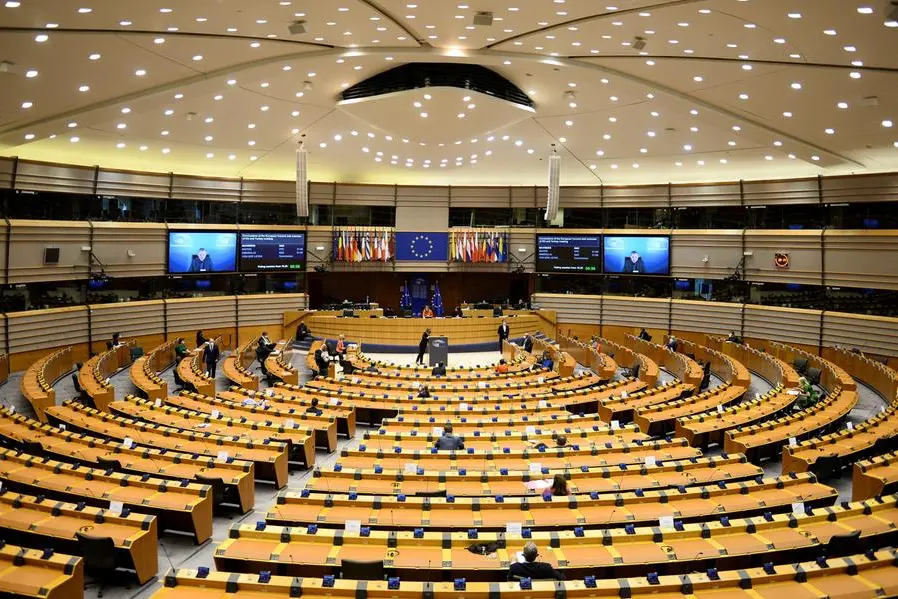PHOTO
BRUSSELS - European Parliament lawmakers want to force companies sending oil and gas to Europe to cut their methane emissions, through an upcoming EU law to tackle the potent greenhouse gas.
Two European Parliament committees on Wednesday backed the plan to target imports of oil and gas - setting the stage for tough negotiations with EU countries that want weaker rules applicable only inside the 27-country European Union.
The impact of methane emissions on climate change is second only to carbon dioxide. The main component of natural gas, it has a far higher warming effect in the short term, meaning rapid cuts are needed this decade to avoid severe global warming.
"Without ambitious measures to reduce methane emissions, Europe will miss its climate target," lead EU lawmaker Jutta Paulus said.
The committees said the EU should require oil and gas companies to check their above-ground infrastructure every two-to-four months, and repair any methane leaks they discover.
From 2026, the lawmakers said importers of oil and gas into Europe must prove that the overseas suppliers of those fossil fuels do the same.
Given the difficulty of procuring that proof, importers who made "all reasonable endeavours" to get the information, but failed, may be exempted from penalties for failing to comply with the EU law.
The EU imports more than 80% of its gas. Most methane emissions associated with that consumption occur abroad.
Norway, whose hydrocarbons production has among the world's lowest methane emissions intensity, became the EU's top gas supplier last year after Russia cut deliveries.
Methane emissions rates are higher in other EU suppliers, including Algeria and the United States, International Energy Agency analysis shows.
The full EU parliament will vote on the committees' proposal next month. After that, the Parliament and EU countries will negotiate the final methane law.
EU countries want weaker rules for European companies, and only a few - including Germany and Poland - have said they would be willing to extend the EU rules to cover fossil fuel imports.
(Reporting by Kate Abnett; editing by Barbara Lewis)





















